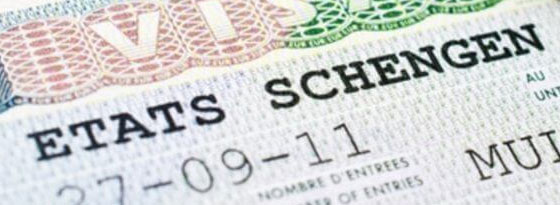
Currently, only four European nations provide citizenship through investment opportunities, including Malta, Bulgaria, Montenegro, and Cyprus (temporarily suspended). Numerous European countries offer residency programs through investment, such as Greece, Ireland, Portugal, Spain, and the United Kingdom.
Several European nations provide dual citizenship through investment programs. Certain programs are affiliated with the European Union, enabling citizens to reside, work, and study across all 27 EU member states. Other programs belong to the Schengen Area, which maintains a unified visa policy, while some nations participate in both frameworks. European citizenship through investment programs share common characteristics that make them highly attractive:

Certain European nations offering citizenship through investment are not EU members but participate in the Schengen Area, including Montenegro. The Schengen Area encompasses 26 European countries that have officially eliminated border controls at their mutual frontiers. The area primarily functions as a unified jurisdiction for international travel, with a standardized visa policy. The area derives its name from the 1985 Schengen Agreement signed in Luxembourg.
Among European citizenship through investment programs, Bulgaria and Cyprus are not Schengen Area participants.

The European Union represents a political and economic alliance comprising 27 member states located primarily in Europe. EU policies ensure unrestricted movement of individuals, goods, services, and capital within the internal market. European Union citizenship and the EU were established through the Maastricht Treaty that took effect in 1993. Any individual holding EU citizenship can reside, study, and work within the 27 EU member states.
Among European citizenship through investment programs, Montenegro and Moldova are not European Union members but participate in Schengen.

EU passports provide the highest level of mobility among all passports worldwide, with access to more than 160 countries globally

The EU passport is issued to citizens of the 27 European Union member states. The European Union agreement facilitates unrestricted movement of individuals, goods, and capital, allowing EU citizens to reside in any of the 27 member states.
EU member states include Austria, Belgium, Bulgaria, Croatia, Cyprus, Czech Republic, Denmark, Estonia, Finland, France, Germany, Greece, Hungary, Ireland, Italy, Latvia, Lithuania, Luxembourg, Malta, Netherlands, Poland, Portugal, Romania, Slovakia, Slovenia, Spain, and Sweden.
Additionally, EU citizens can freely reside in Switzerland.

There are numerous compelling reasons to pursue education in the European Union. Europe hosts the oldest and most prestigious universities globally. Studying in Europe provides enhanced international networking opportunities and career advancement, features diverse and vibrant cities, offers high quality of life, and most importantly, provides 28 different countries with tuition-free or highly affordable education costs.

Under current EU regulations, European Union citizens receive reciprocal healthcare benefits when visiting any of the 27 EU member states. These entitlements apply independently of residency status, provided they are within the EU. Most national healthcare systems throughout Europe are complimentary for EU nationals.
European programs provide various pathways for obtaining citizenship: property investments, partial or full government fund contributions (donations), partial investments in government bonds, or business establishment.
A residency permit enables legal residence in the host country without full citizenship status. Residents are permitted to live, work, attend educational institutions, and utilize healthcare services in the host nation.
All European residency programs participate in the Schengen Area (excluding the United Kingdom), providing visa-free travel across those 26 European countries within Schengen.
All residency through investment programs can lead to citizenship under varying conditions, with some being more flexible than others. Citizenship may be granted after several years with requirements such as maintaining residency and demonstrating language proficiency.
European residency through investment programs share common characteristics that make them highly appealing: